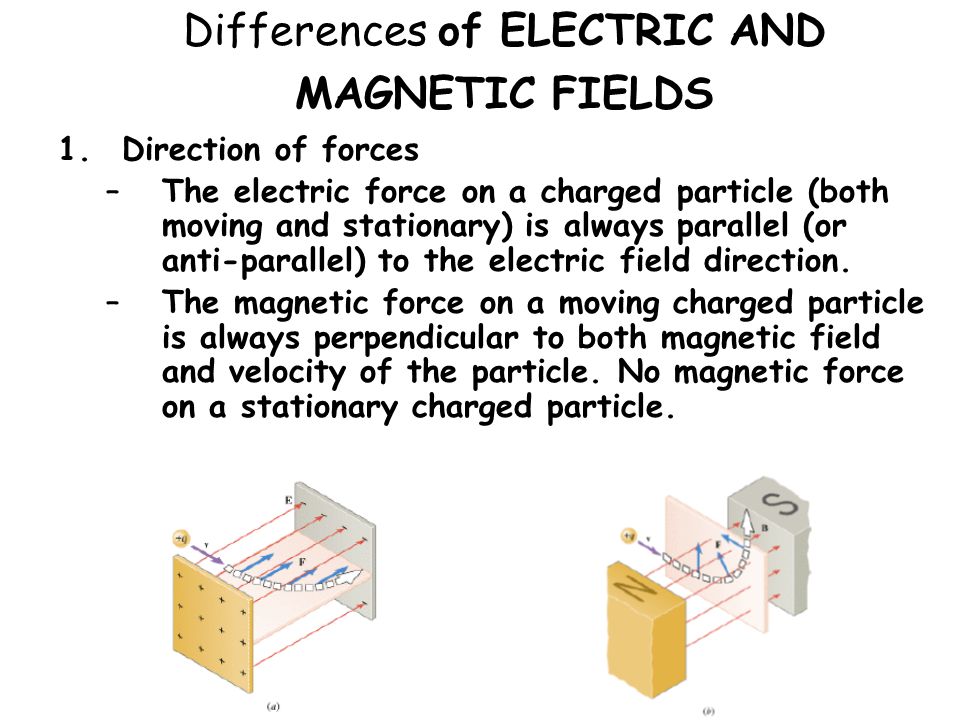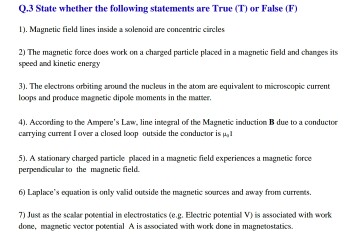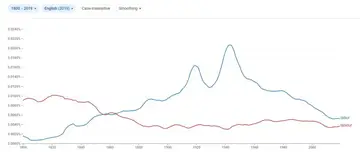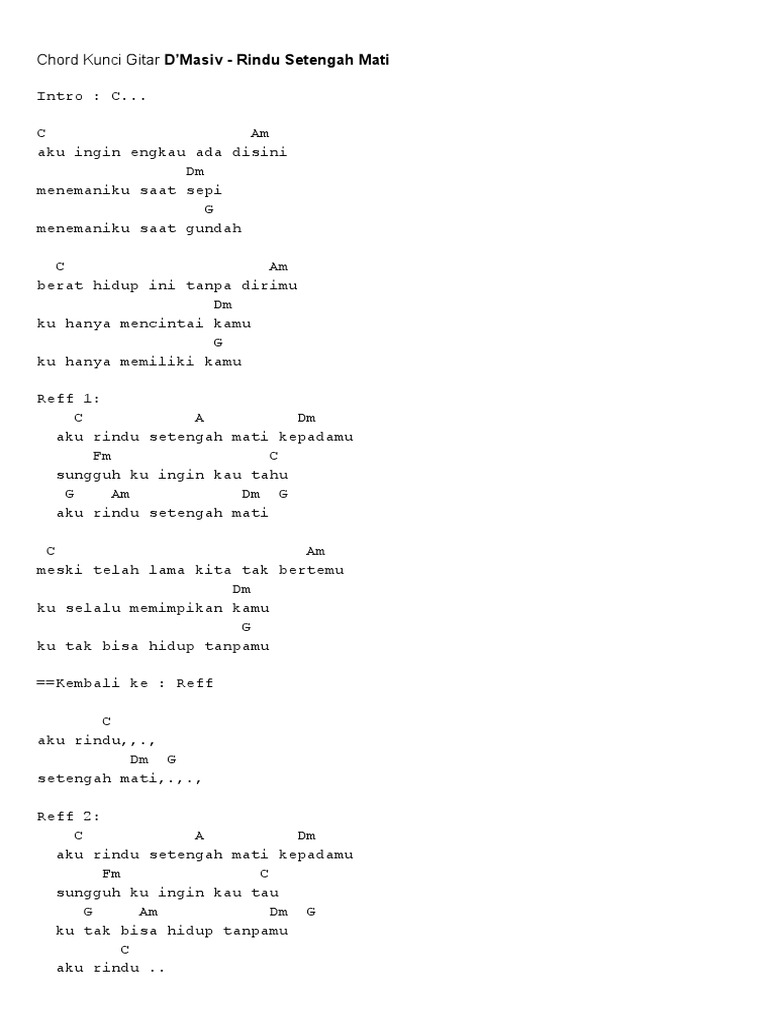A stationary charge particle will produce - Q & A: Why do moving charges produce magnetic fields?
Electric charge and Coulomb's law
We also have a lot of control over how things get charged.
As electrons sweep past these openings, they induce a resonant, high-frequency radio field in the cavity, which in turn causes the electrons to bunch into groups.
In insulators, on the other hand, the electrons are much more tightly bound to the atoms, and are not free to flow.
Q & A: Why do moving charges produce magnetic fields?
If a system starts out with an equal number of positive and negative charges, there¹s nothing we can do to create an excess of one kind of charge in that system unless we bring in charge from outside the system or remove some charge from the system.
The magnetic force is perpendicular to the velocity, and so velocity changes in direction but not magnitude.
So, a magnet is surrounded by a magnetic field.
- Related articles
2022 qa1.fuse.tv


.svg/800px-Lorentz_force_on_charged_particles_in_bubble_chamber_-_HD.6D.635_(12000265314).svg.png)




















:strip_icc():format(jpeg)/kly-media-production/medias/3385927/original/011337600_1614163479-Eu-3J1hVEAQGjOO.jpg)








